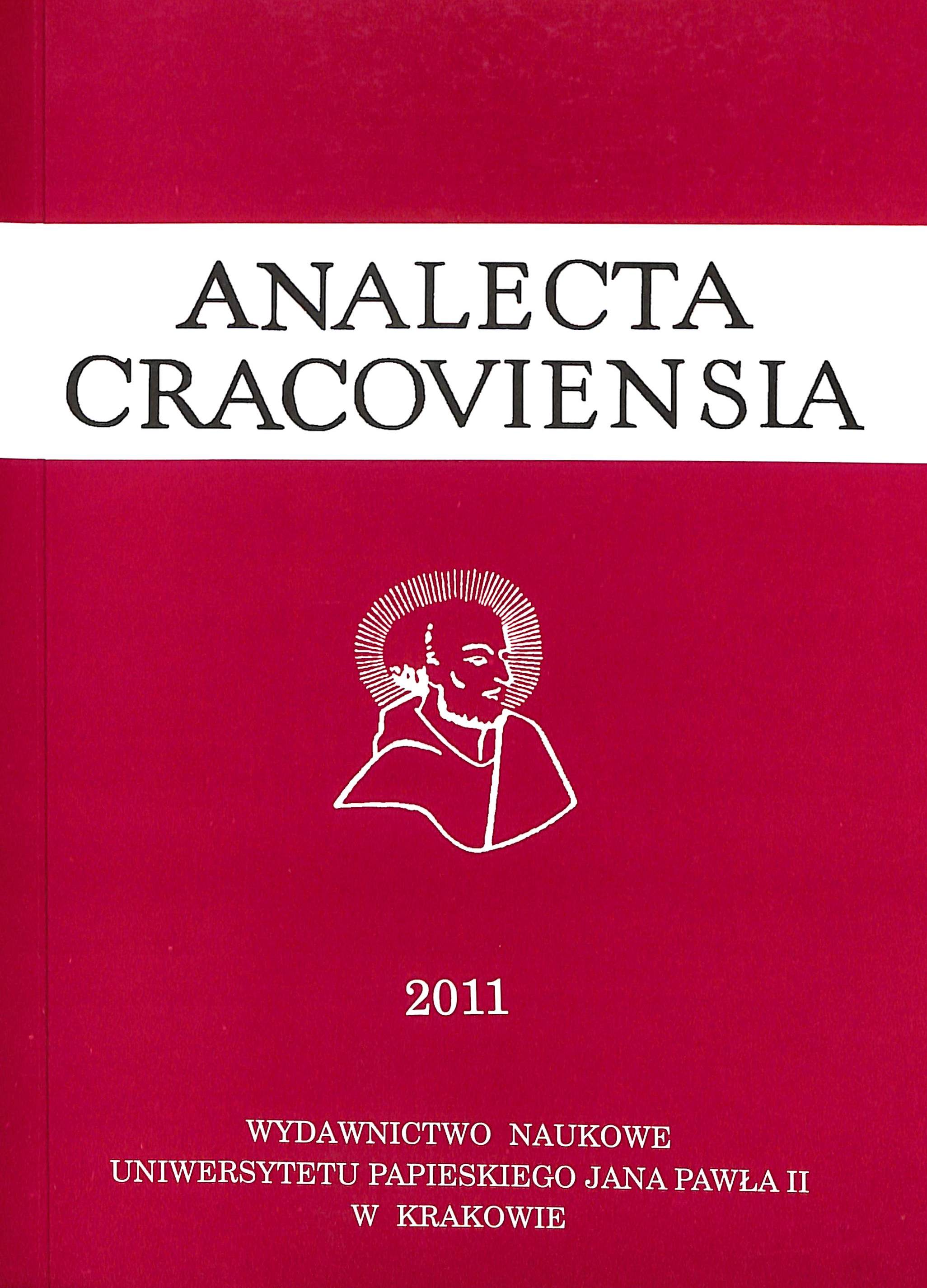A Mind Drawn by a Word. A Meditative Dimension of Selected Epigrams by Richard Crashaw (1612-1649)
DOI:
https://doi.org/10.15633/acr.4307Keywords:
mind, meditation, epigrams, metaphysical poetry, mental prayer, spiritualityAbstract
The analysis of the relation between religious meditation and epigram representing domain of poetry shows their own common place, a very interesting matter for further research. Reading verses as well as meditating could draw one’s mind to concentrate on an intriguing sign for some time. The process of rereading the text supplies deeper theological senses, spiritual satisfaction and an opportunity to contemplate an object in a way of acquired contemplation following ordinary mental prayer. This drawing role is successfully played by a conceit, when its form (acutum) enchants the mind and it is equivalent to the stirring moment of meditating reason. The epitome of these proprieties is a collection of epigrams by Richard Crashaw. Their Christ-centrism expresses itself in taking into consideration selected mysteries of Jesus’ life presented in the sharpness of meanings crossed in conceit. It is done via accurately selected requisites as well as a variety of poetical and rhetorical means. This young English poet created short verses that strike a reader’s attention and prompt it to consider the prepared literary form and to meditate or contemplate the mystery of Saviour realizing a significant element of the Roman Catholic Church’s theory of meditation. The poetical genius of the author supported by good artistic work and connected with his religion zeal causes that this ability of drawing of a reader works still in the charming way.
Downloads
Published
Issue
Section
License
Copyright (c) 2011 Marcin Godawa

This work is licensed under a Creative Commons Attribution 4.0 International License.
Authors who publish with this journal agree to the following terms:
- Authors retain the copyright and full publishing rights without restrictions, and grant the journal right of first publication with the work simultaneously licensed under a Creative Commons Attribution 4.0 International License that allows others to share the work with an acknowledgement of the work's authorship and initial publication in this journal.
- Authors are able to enter into separate, additional contractual arrangements for the non-exclusive distribution of the journal's published version of the work (e.g., post it to an institutional repository or publish it in a book), with an acknowledgement of its initial publication in this journal.
- Authors are permitted and encouraged to post their work online (e.g., in institutional repositories or on their website) prior to and during the submission process, as it can lead to productive exchanges, as well as earlier and greater citation of published work (See The Effect of Open Access).

